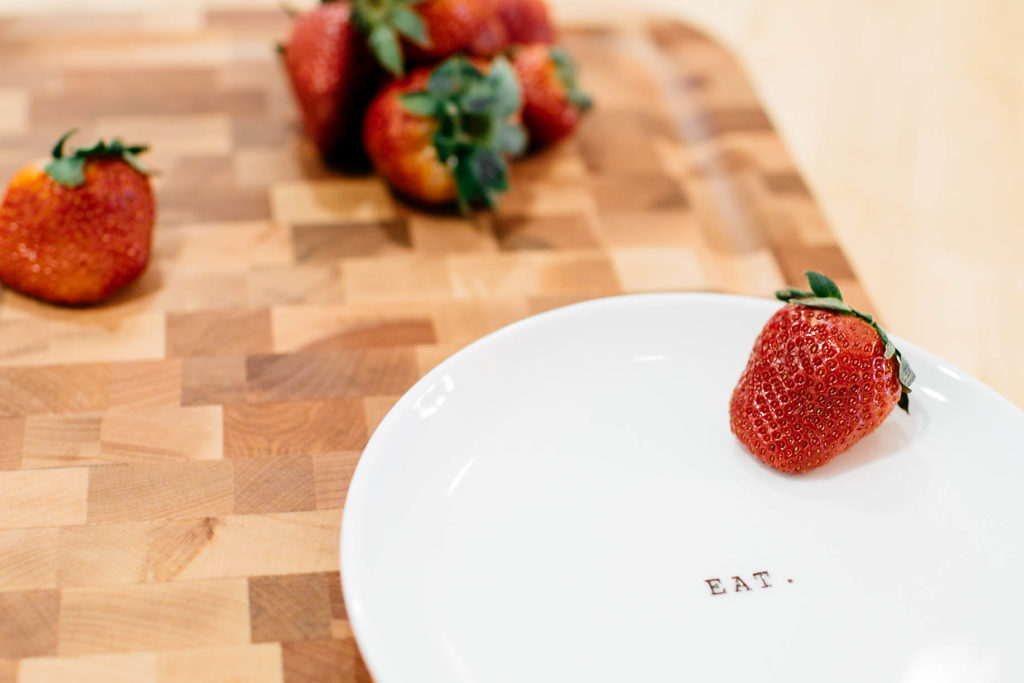
With all the conflicting nutrition information going on in the media today, do you ever get confused when it comes to shopping for organic produce? Should all the produce you’re buying be organic? Does organic really even mean anything? I’ve got the scoop!
When buying produce items, it’s important to utilize the Dirty Dozen and the Clean Fifteen in order to reduce your exposure to toxic pesticides and make the best choices for you and your family. (*Print out these lists and stick them to your fridge or stash them in your car to have handy at the grocery store!!). Modern chemical farming has dramatically changed the way we live, especially when it comes to the food we eat. Chemical pesticides not only deplete the nutritional value of our food, they contaminate it as well. It’s so worth it to be knowledgeable on which produce items you should be buying organic and which items you can save $$ and shop conventional.
What is the Dirty Dozen??
Environmental Working Group ranks pesticide contamination of 48 popular fruits and vegetables every year and comes out with the Shopper’s Guide to Pesticides, otherwise known as the Dirty Dozen and Clean Fifteen. The Dirty Dozen is a list of twelve produce items that have tested positive for most pesticide residues (and this is after they’ve been cleaned and prepped to eat). These are the items I would definitely urge you to be buying organic. Listed in order of highest toxic residues detected, the 2020 Dirty Dozen:
- Strawberries
- Spinach
- Kale
- Nectarines
- Apples
- Grapes
- Peaches
- Cherries
- Pears
- Tomatoes
- Celery
- Potatoes
- + hot peppers
What about the Clean Fifteen?
The Clean Fifteen identifies the non-organic items least likely to be contaminated with pesticide residues. In other words, you can feel better about buying these foods conventional vs. organic as they are tested safest to eat.
2020 Clean Fifteen
- Avocados
- Sweet corn
- Pineapple
- Onions
- Papaya
- Sweet peas, frozen
- Eggplant
- Asparagus
- Cauliflower
- Cantaloupe
- Broccoli
- Mushrooms
- Cabbage
- Honeydew Melon
- Kiwi
I will always advise buying or growing organic whenever possible. But, if you’re on a budget or if the selection of organic produce is slim to none, follow the Clean Fifteen to help avoid the most contaminated fruits & veggies.
Maybe the produce you were looking to buy at the store isn’t offered as organic… be adventurous and try something new! Hopefully this will give you more incentive to experiment in the kitchen by buying and utilizing seasonal produce.
It’s also important to know that washing produce will not get rid of pesticides. The toxic pesticides have already been absorbed into the produce items. Pesticides are a threat to our health and known to be linked to many health effects from respiratory problems to cancer. While buying organic produce can sometimes be more expensive, it’s worth it to choose the safest possible options for you and your family.
Need other resources to help you choose organic?
Imperfect Produce
I discovered Imperfect Produce about six months ago and can’t get enough! It’s such a great way to get organic produce delivered straight to your door. Imperfect fights food waste by finding a home for ‘ugly’ produce that isn’t aesthetically perfect enough for grocery store standards (but with the same great flavor). They source it directly from farms and deliver it to customers’ doors for 30-50% less than grocery store prices.
You can click here to get $10 in Imperfect credit when you sign up for your first box. (This is not a sponsorship, I’m just a genuine fan of the company and their mission)
Farmers Markets:
One of the best places to seek out organic produce is at your local farmers market! A tip to saving some extra cash is to show up towards the end of the market when vendors are trying to get rid of their produce– usually for much cheaper!
Coupons:
Utilize coupons!! Most stores have their own newsletter each week or updates on their website notifying customers of their deals or some even include coupons.
Freeze:
When organic produce is on sale at the grocery store or at your local farmers market, buy double and freeze half! This gives you the chance to shop seasonally, but utilize at later dates.
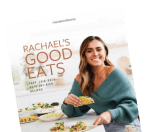

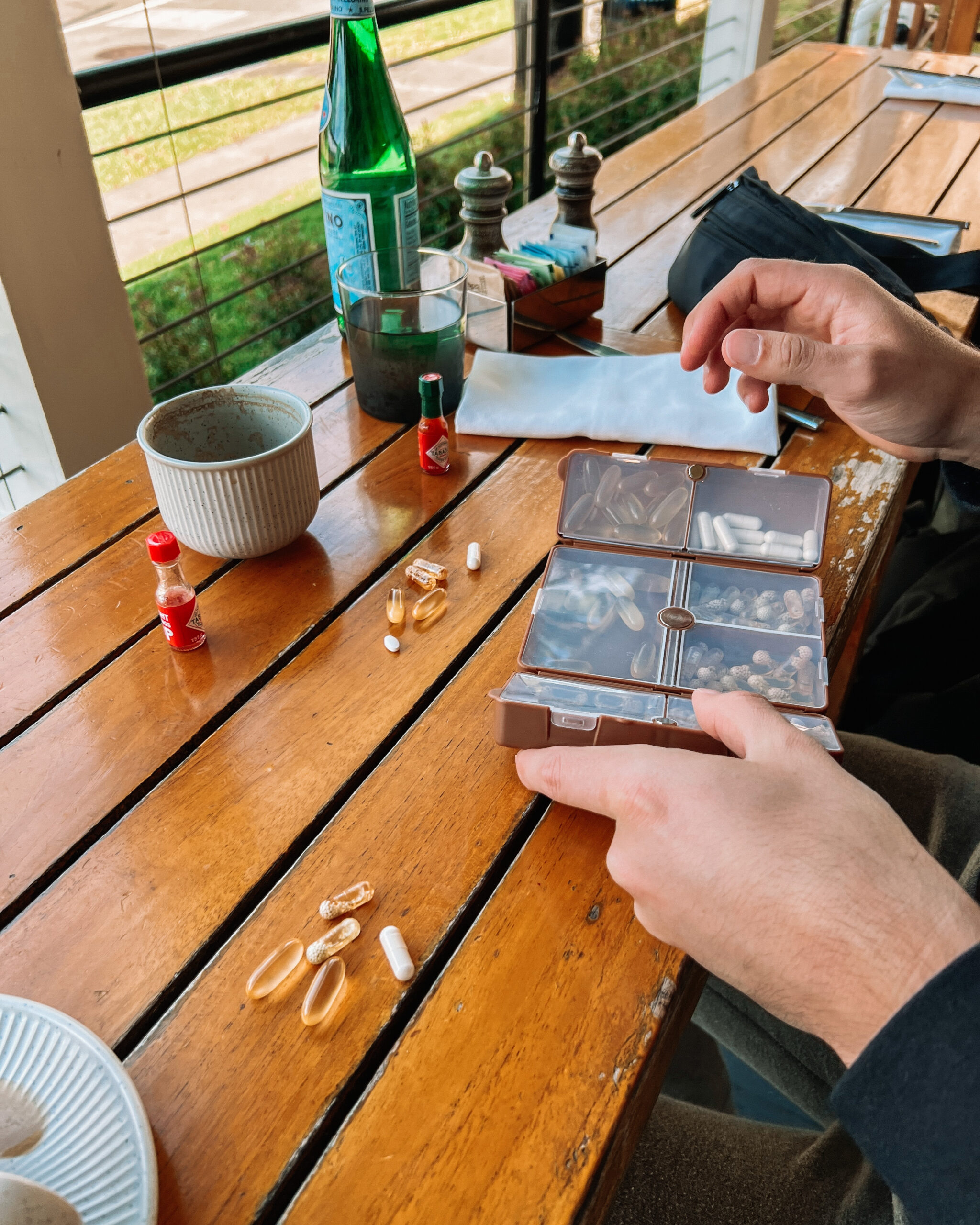
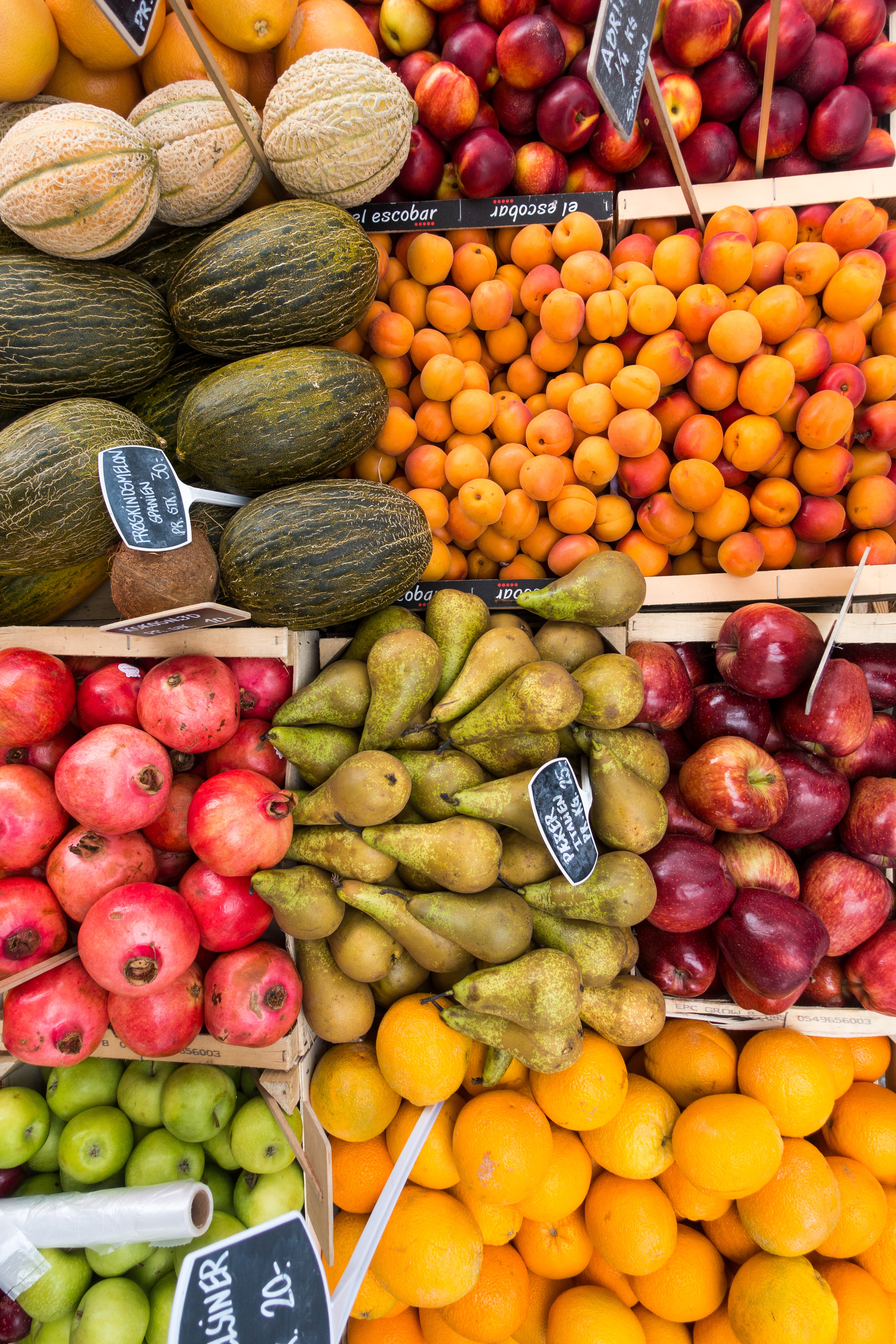

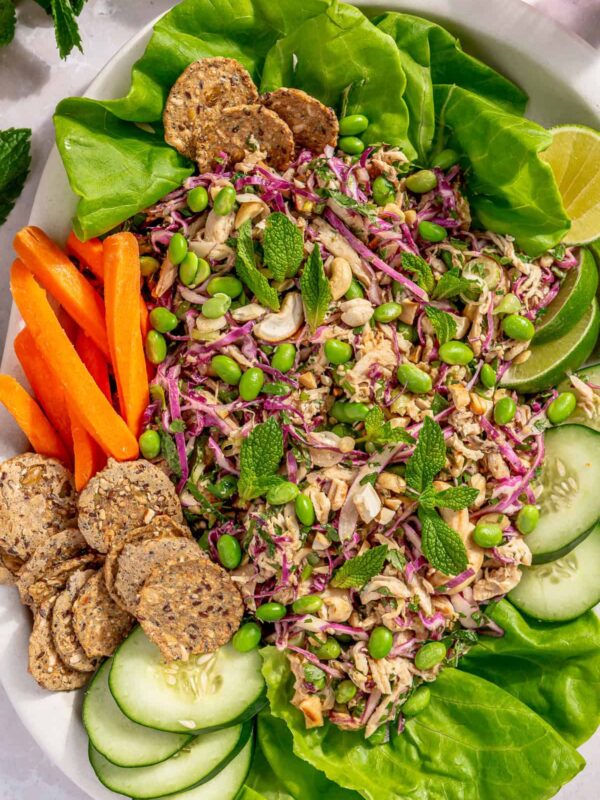








Comments